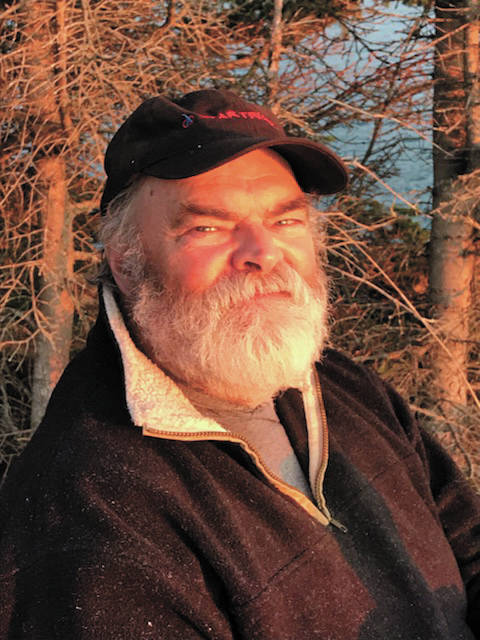What does it mean to be a citizens’ mayor?
When I ran for the position of Homer’s mayor two years ago I pledged to be its citizens’ mayor. I have since tried to be exactly that, to best represent the people who pay the taxes, depend on city services and share in the pride of a community in which we work together to achieve what we cannot as individuals. My aim was and continues to be to make sure that all Homer residents are heard and feel empowered to engage civically.
A significant part of my role as mayor has been listening — perhaps especially to those I may not agree with — and then helping citizens navigate the sometimes confusing and often frustrating pathways of participatory democracy at the local level. Citizens deserve to know what factors play into decisions, the process for decision-making and how they can be involved. As much as possible, government functions and actions need to be accessible and transparent. Since policy drives spending, we all need to understand how policies are reached and to feel confident about the management of our finances.
Some months ago I participated in a webinar featuring former President Barack Obama with hundreds of other mayors from around the country. Here is some of his advice, which I wrote down: “Speak the truth. Speak it clearly. Speak it with compassion. Speak it with empathy for what folks are going through.” He spoke of honesty and evidence. I took this to heart.
At City Council meetings I spoke about what I perceived to be the community’s challenges as we advanced toward our busy summer season. I carried a mayor’s pride in representing a community that has remained almost entirely COVID-19-free. I’ve worked hard to see that CARES Act funds reach those most in need.
I appreciate that many citizens are either too busy to follow city government closely or feel powerless to “fight city hall.” In 2018, I was elected mayor by just 17% of eligible voters. Too many people are passing up their opportunities to have a say in who represents them and what matters most to them. In our current very “interesting” times we need, more than ever, everyone to be involved in our experiment of representational government. When we work together we can achieve great things.
As many of you know, I serve as the volunteer producer of the annual Homer Nutcracker Ballet. This, the 32nd season, will involve a shortened COVID-compliant film edition. My Nutcracker role of fostering young dancers and theater technicians is one of my most satisfying Homer experiences. Our large Nutcracker family comes together once a year to “do a show.” Everything else is left at the door. To me, this models how any of us can work together with common purpose.
My work in philanthropy with the Homer Foundation has also been an eye-opening experience about how a community can meet social needs through individual good-will and the generosity of local organizations and churches. It’s not government, but it works with government cost-effectively to improve lives.
I want to urge everyone, this year, to inform yourselves thoroughly about candidates and ballot measures and vote in the upcoming elections. At every level of government, but perhaps especially locally, your vote and voice matter. After that, please feel welcome to contact your mayor and council members, to attend or call into council meetings, and perhaps to volunteer to serve on a city commission or committee.
Elsewhere I’ve mentioned that my favorite book is Robertson Davies’s “Fifth Business.” As a young man, I learned from that novel something about causes and effects as they make their way through lives. I’ll end here with a few words from Davies himself: “No action is ever lost — nothing we do is without result. It’s obvious, of course, but how many people ever really believe it, or act as if it were so?”
Ken Castner is the mayor of Homer and is running for reelection.


